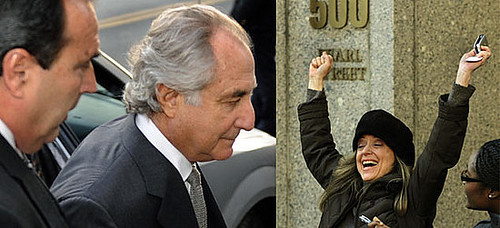For all of us who are (ahem) less than satisfied with the vigor of the US Federal Government’s prosecution and enforcement of banking laws against large financial institutions, the US Supreme Court on Monday bucked 145 years of tradition to deliver an important and far reaching opinion that falls squarely on the side of greater accountability.
In Cuomo v. Clearing House Association (PDF), the court struck down a regulation by the US Treasury Department’s Office of the Comptroller of the Currency (OCC) that prohibited enforcement of state banking laws against national banks.
The case involved an attempt by former New York Atty. Gen. Eliot Spitzer in 2005 to investigate bank lending practices, such as whether a disproportionately large percentage of high-interest mortgages were made to minorities.After Spitzer sent letters of inquiry to national banks, including Wells Fargo & Co., Citibank and JP Morgan Chase & Co., a bank consortium called the Clearing House Assn. filed suit to stop the investigation.
The Treasury Department’s Office of the Comptroller of the Currency, which regulates national banks, also filed suit, arguing that Spitzer was improperly encroaching on its rule under an 1864 law that it was the only entity with the “visitorial power” to examine such banks. The suits were combined and upheld by lower courts.
But Spitzer’s successor, Andrew Cuomo, appealed to the Supreme Court, arguing in part that the federal agency’s interpretation in effect shielded national banks from states’ enforcing their own laws to protect consumers and prohibit discrimination.

 News from around Iraq. The LA Times reports
News from around Iraq. The LA Times reports  Meanwhile, the AP reports
Meanwhile, the AP reports  And, the CS Monitor speculates
And, the CS Monitor speculates 


